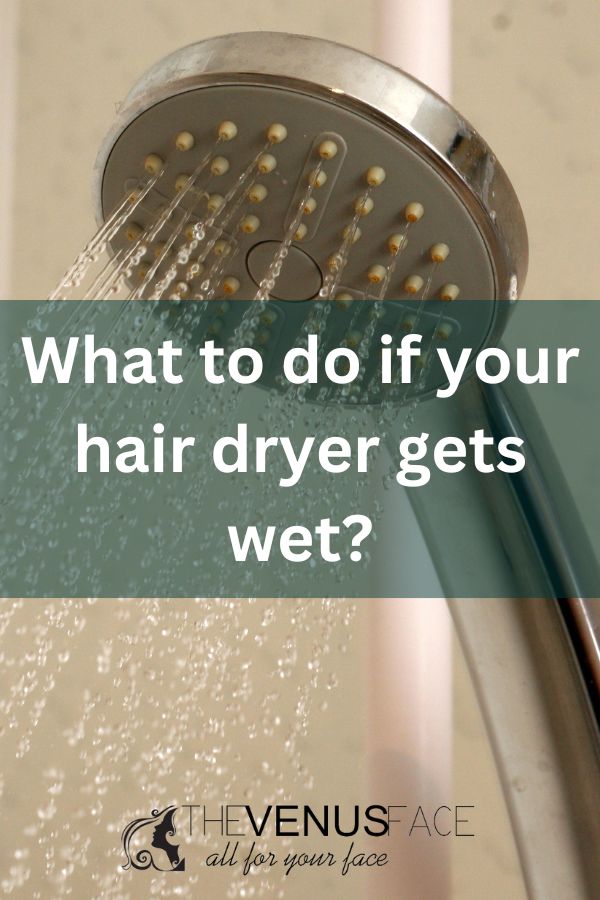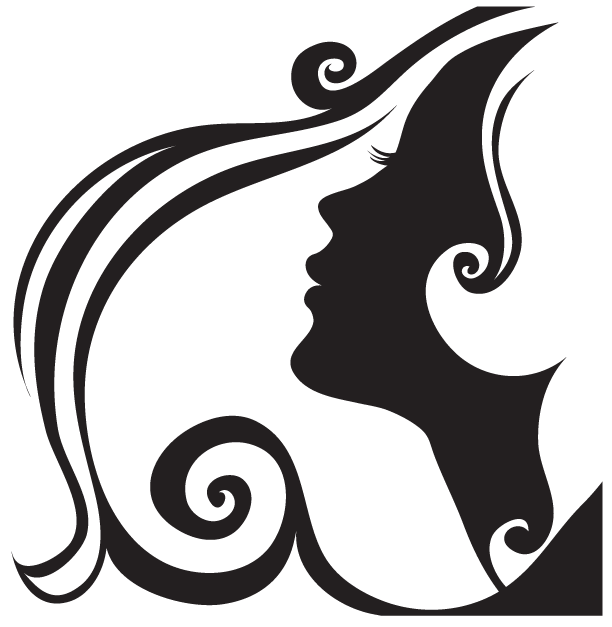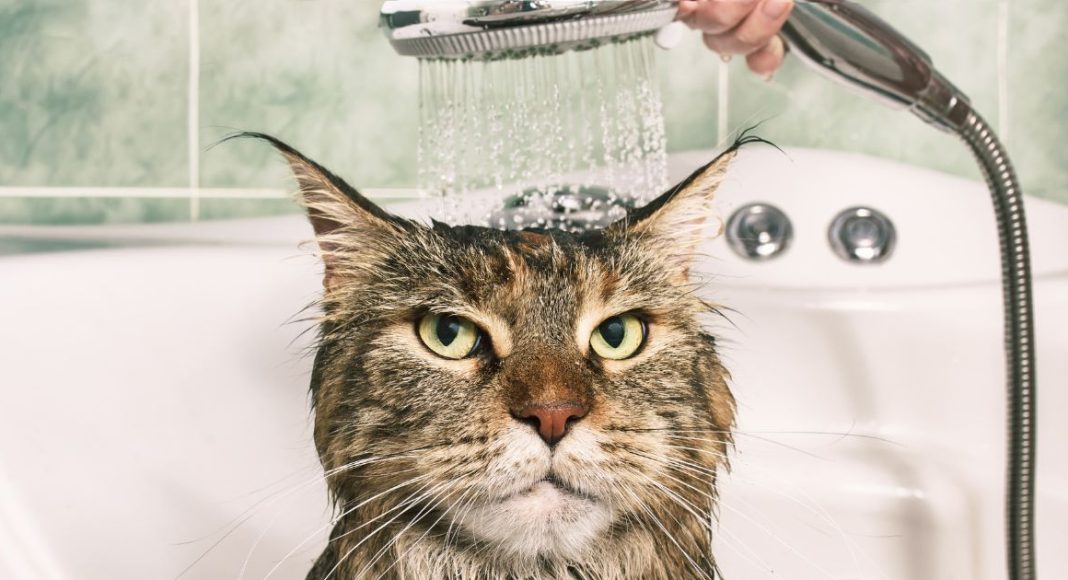Well, men always know what to do when women get wet, but don’t women know what to do when their blow dryers get wet? :))
Ok, joking aside, there may be a time when you use your blow dryer in the bathroom and accidentally spill water, creating a mini indoor rainstorm! Your blow dryer gets covered in water. You quickly unplug it, but what’s done is done, your blow dryer gets wet, and you try to use a towel to wipe outside, but what about the inside? What should you do now? Well, you pick up your smartphone, go to Google and search for phrases like “What to Do if Your Blow Dryer Gets Wet?”
If this is your situation, read on :)

What to do if hair dryer falls in water?
If your hair dryer gets wet, it’s important to take immediate action to prevent any potential damage or safety hazards. Here are the steps you should follow:
Unplug the hair dryer
Before handling any electrical device that has come into contact with water, ensure that it is unplugged from the power source. This will help minimize the risk of electrical shock.
Remove excess moisture
Gently shake the hair dryer to remove any excess water. Avoid forcefully shaking or hitting the device as it can cause further damage. Don’t shake it like shaking a cocktail, you are not making drinks; instead, out a tablecloth to rid it of crumbs – a steady and controlled movement is what you’re aiming for.
Dismantle the dryer, if possible
If your hair dryer has removable parts, such as the nozzle or filter, detach them carefully. This will allow for better drying and inspection of the individual components.
Let it air dry
Find a well-ventilated area and place the hair dryer on a dry towel or surface. Allow it to air dry completely for at least 24 to 48 hours. Avoid using heat sources like hair dryers, ovens, or direct sunlight, as they can potentially damage the internal components. It’s perfect for placing the wet blow dryer in front of a fan.
Inspect for damage
After the hair dryer has thoroughly dried, carefully examine it for any signs of damage, such as discoloration, corrosion, or unusual odors. If you notice any of these issues, it is advisable to have the hair dryer inspected or repaired by a professional before using it again.
Test before use
Before plugging the hair dryer back in, conduct a safety test. Plug it into an outlet and turn it on briefly to ensure it is functioning properly. If you notice any unusual behavior, sparks, or unusual sounds, unplug it immediately and seek professional assistance.
Remember, prevention is always better than cure. To minimize the risk of accidents, it’s important to keep your hair dryer away from water sources, store it in a dry place, and avoid using it with wet hands or in a damp environment.
More: Why does my hair dryer spark?
What happens if the blow dryer gets wet?
Well, it might start a “hot” tub party with the outlets, but I wouldn’t recommend inviting your electrical devices to the poolside bash! :))
If a blow dryer gets wet, it can potentially be dangerous and cause damage. Here are some possible consequences:
Electrical hazard
Water and electricity don’t mix well, and wetting a blow dryer can create an electrical hazard. There is a risk of electric shock if you touch the wet blow dryer while it is plugged in or attempt to use it. It is essential to avoid using a wet blow dryer and to keep it away from water sources to prevent accidents and ensure personal safety. Plugging in or using a wet blow dryer is never recommended.
Malfunction
When a blow dryer gets wet, it can cause the internal components to short-circuit or corrode, leading to malfunction. Water can damage the electrical circuitry and heating elements of the blow dryer. If the blow dryer stops working or shows signs of malfunction after getting wet, it is advisable to have it inspected by a professional or replace it if necessary. More: Why Is My Blow Dryer Not Getting Hot?
Damage to the blow dryer
Moisture can cause corrosion and rust on the metal parts of the blow dryer. The water can also damage the electrical wiring, motor, and other internal components. If the blow dryer is not thoroughly dried and cleaned after getting wet, it may result in permanent damage, reducing its lifespan and performance.
To ensure safety and prevent damage, it is crucial to keep blow dryers away from water sources and use them in dry environments. If a blow dryer accidentally gets wet, it should be unplugged immediately, dried thoroughly, and inspected by a professional if necessary.
Are hairdryers waterproof?
Hairdryers are not typically designed to be waterproof. Hairdryers are electrical devices that generate heat to dry and style hair by blowing hot air. They are primarily intended for use on dry hair and should not be used near water or in wet conditions to avoid the risk of electrical shock or damage to the device.
It is important to exercise caution and follow safety guidelines when using a hairdryer. Here are some general safety tips:
- Keep the hairdryer away from water: Do not use a hairdryer near water or in wet areas such as bathrooms, showers, or swimming pools.
- Dry your hair before using the hairdryer: Ensure your hair is dry before using a hairdryer to avoid any contact between water and the electrical components of the device.
- Avoid using a hairdryer with wet hands: Always make sure your hands are dry before operating the hairdryer. Wet hands can increase the risk of electrical shock.
- Store the hairdryer properly: When not in use, store the hairdryer in a dry location away from water or moisture.
While some hairdryers may claim to have certain water-resistant features or be suitable for use in damp conditions, it is important to carefully review the manufacturer’s instructions and specifications to determine the device’s actual level of water resistance. It is always recommended to prioritize safety and avoid exposing hairdryers to water.
Can you use a hair dryer after it gets wet?
No. Using a hair dryer after it gets wet is generally not recommended and can be dangerous. Water and electricity don’t mix well, and using an electrical appliance like a hair dryer that has come into contact with water can lead to electrical shock or damage to the device.


